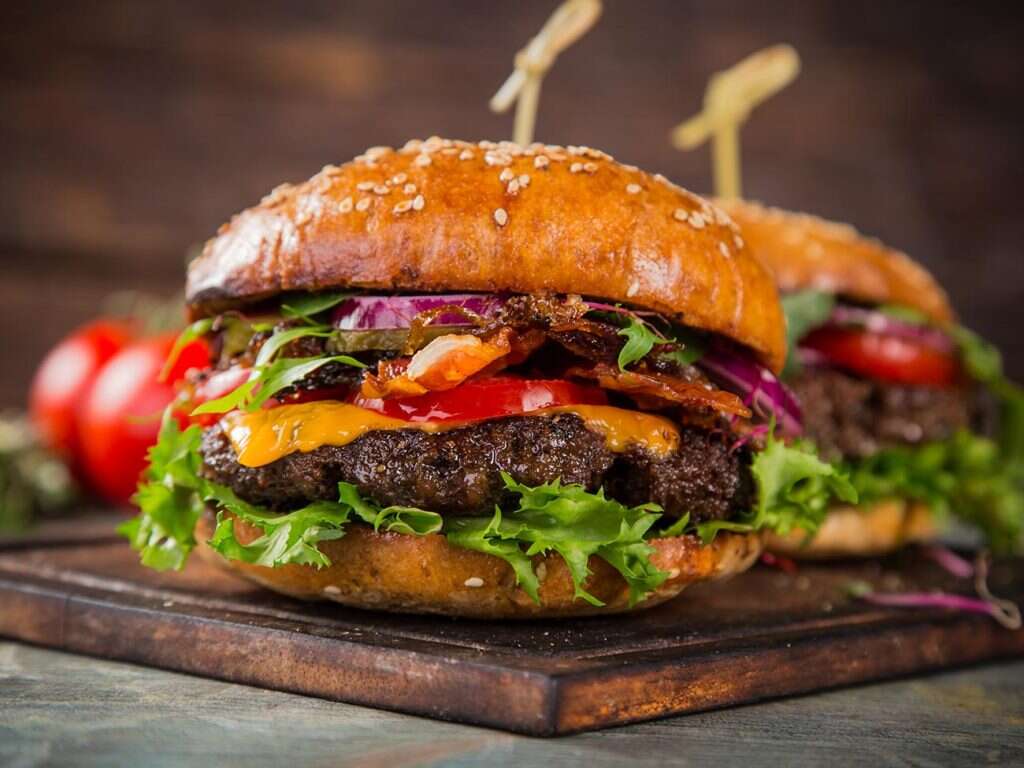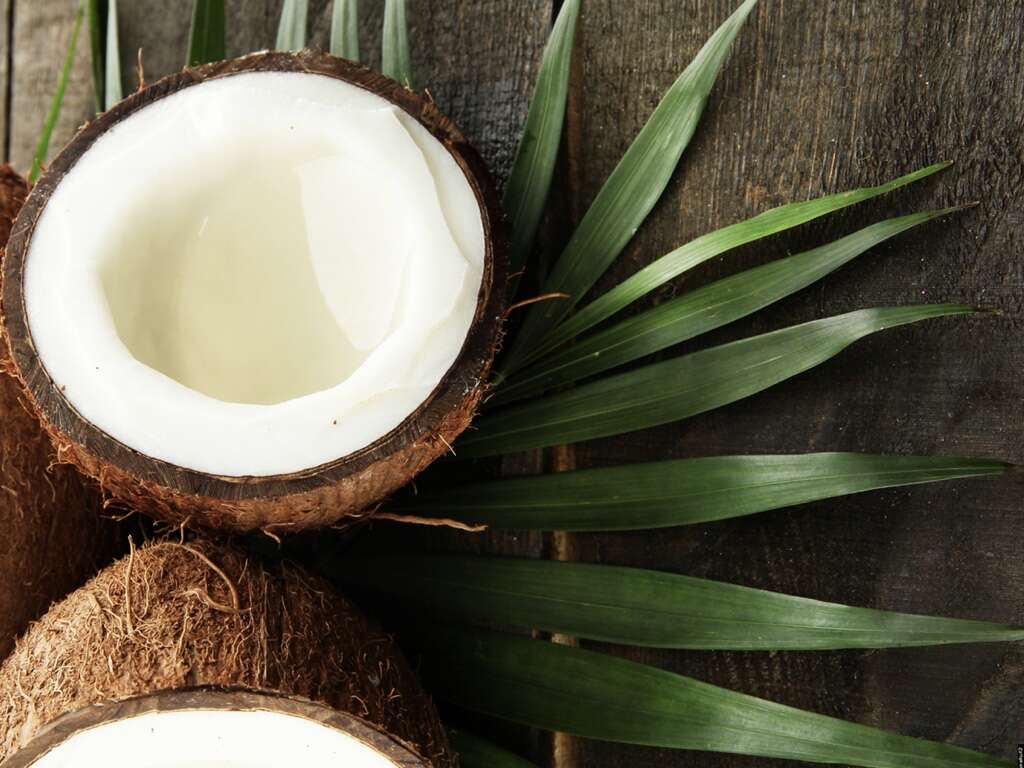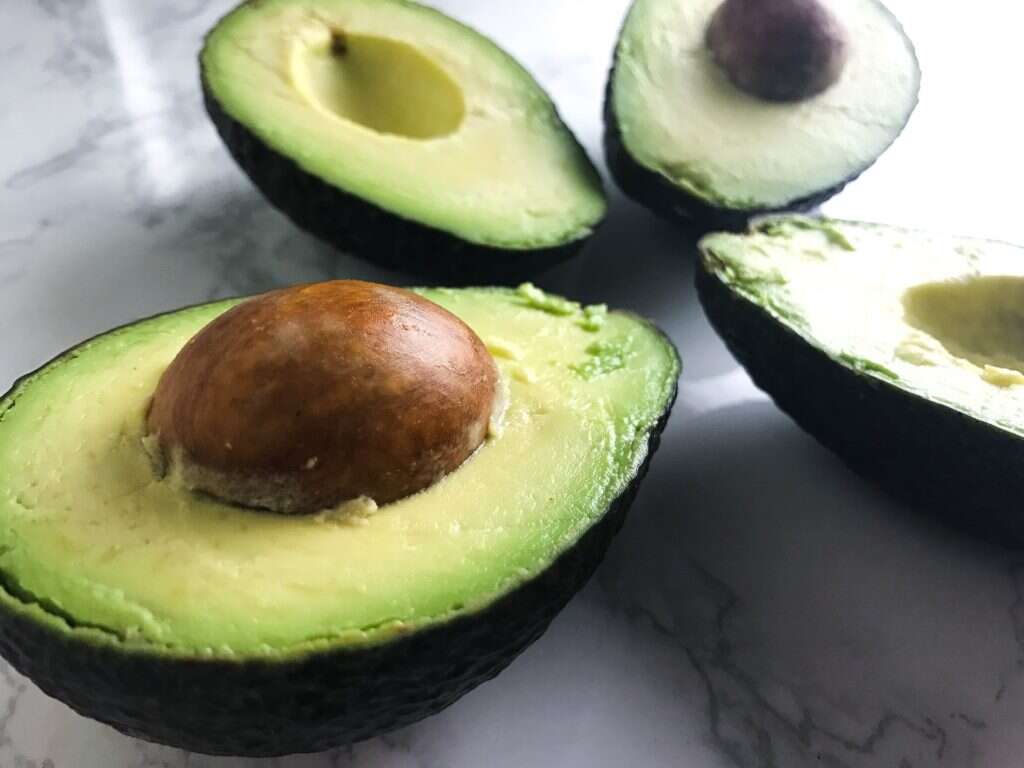10 Foods Rich In Healthy Fats
Our bodies need healthy fats to maintain the necessary lipids in skin production, hormones, cell walls, digestion, and energy production. The most popular of these are omega 3 fatty acids. Omega 3 fatty acids come in three forms: alpha-linolenic acid (ALA), eicosapentaenoic acid (EPA) and docosahexaenoic acid (DHA). EPA and DHA are the preferred sources since your body must first convert ALA into EPA and DHA. However, getting a good balance of all three types helps improve your overall health.
When eating food rich in healthy fats, consider preparation. Some foods are best eaten raw, such as avocados and chia seeds. Some are best as oils. While others, like fish, should be broiled, grilled, or steamed.
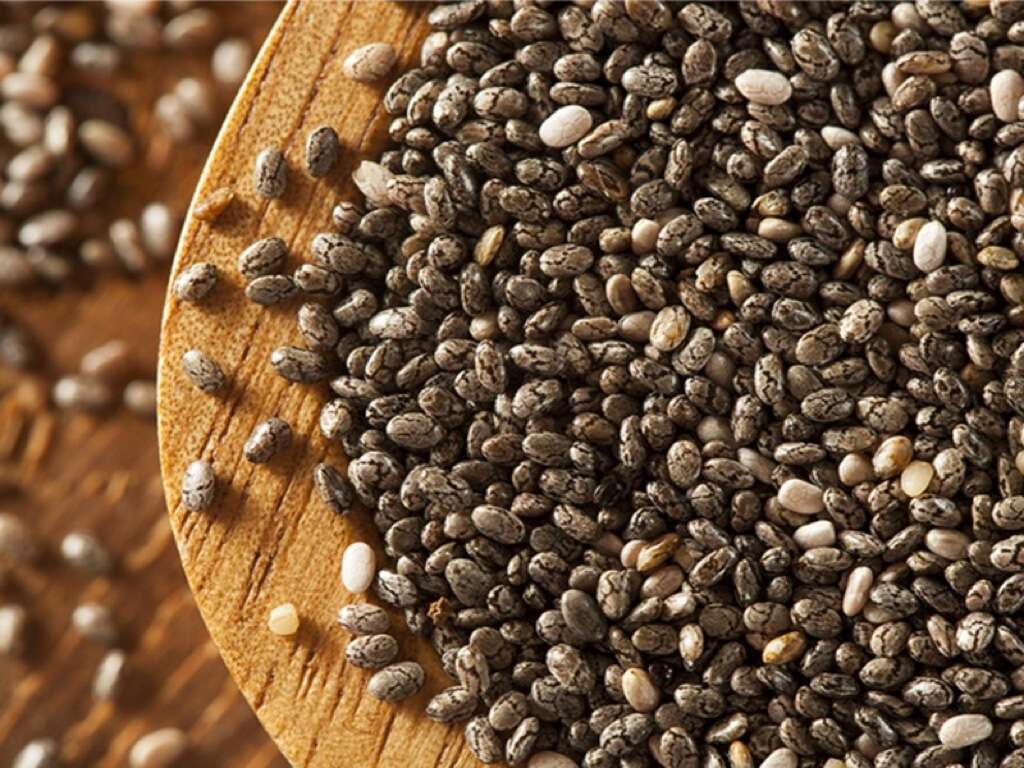
Healthy Fat Foods #1: Avocados
Avocados are high in “good” fats called polyunsaturated fatty acids, as well as fiber. These are two important components for regulating hunger as well as blood glucose levels. Avocado oils are also high in monounsaturated and oleic fatty acids which are known to help decrease the risk of metabolic syndrome as well as help shrink the waistline.
Avocados have been used for centuries in natural remedies and delicious meals. A single avocado can provide 234 calories, making it an incredibly healthy and delicious snack. Not only are they delicious, but they contain up to 20 vitamins and minerals essential to proper nutrition. Interestingly, avocados are fatty fruits; more specifically they are actually berries.
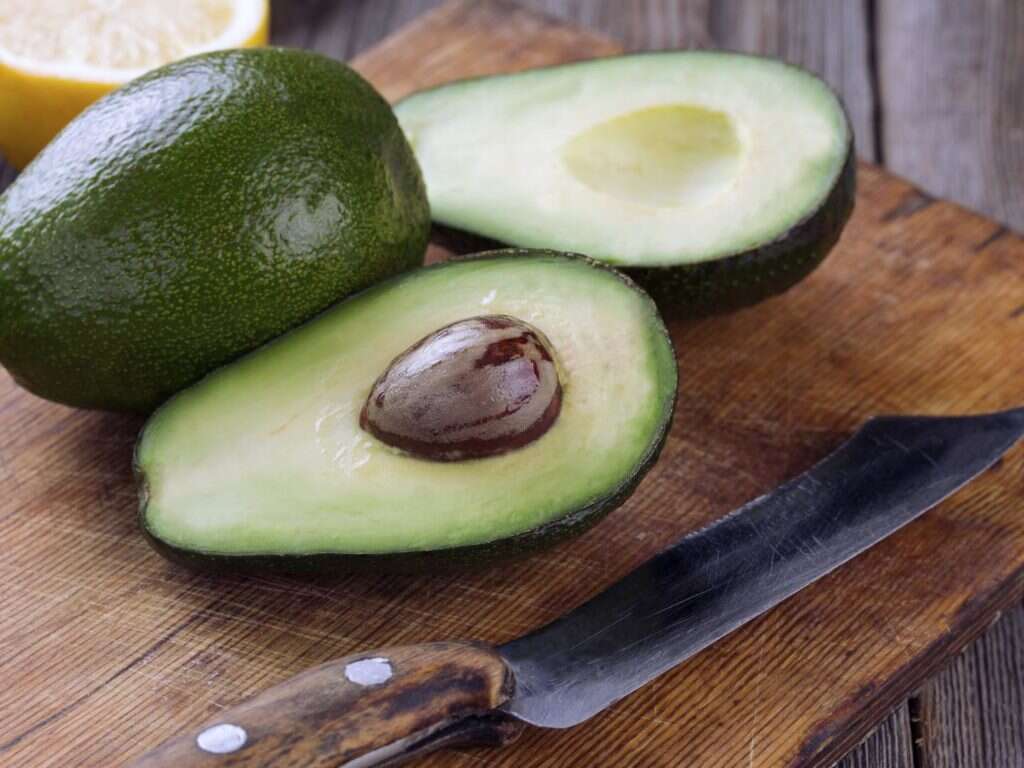
Healthy Fat Foods #2: Eggs
One of the best products for protein, nutrients, and healthful fats are eggs. Although one egg provides 5 g of fat, they are considered a rich source of “good” fats because of their impact on appetite and blood cholesterol. One myth surrounding eggs is that they are bad for cholesterol levels and should be avoided. Fortunately, this claim is untrue.
While eggs are high in dietary cholesterol, found in the yolks, the effect on blood cholesterol levels is minimal. Also, various studies have found that eggs can help a person feel satisfied and full for a longer period of time, thus preventing overeating. Eggs are versatile, can be eaten any time of the day, low in calories, affordable, and easy to store.
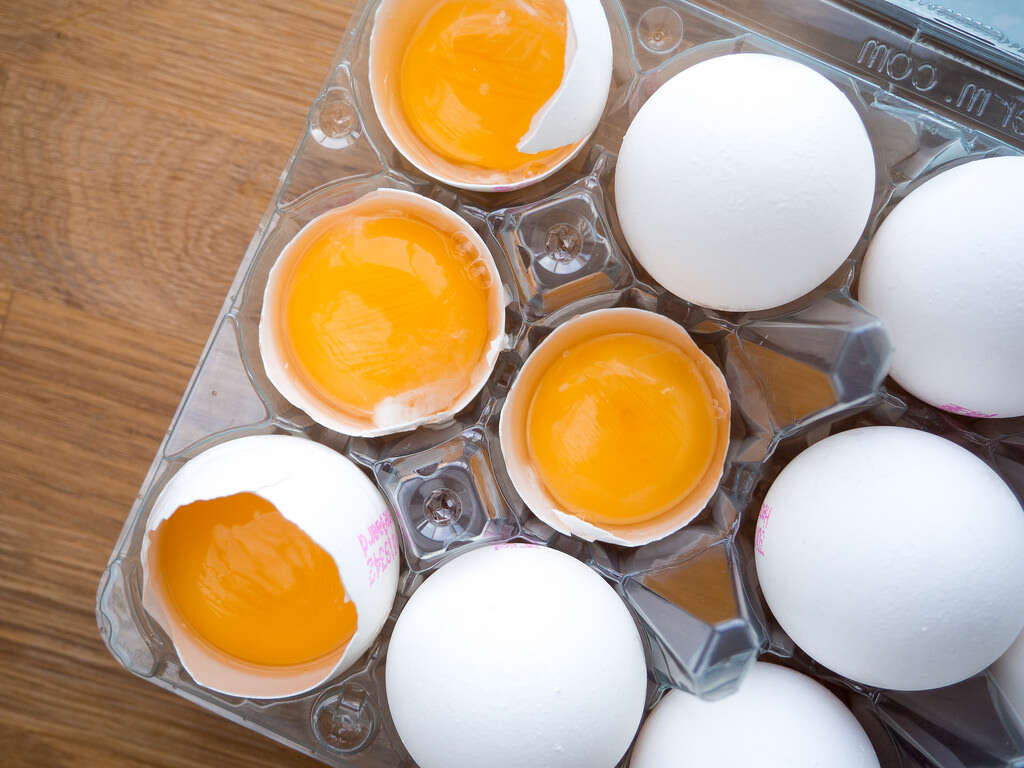
Healthy Fat Foods #3: Walnuts
Walnuts provide 9.1 grams of omega 3 per 100 grams. In terms of healthy fats, walnut oil is good source of omega 3 with 1.4 grams per tablespoon. English walnuts are higher in ALA than black walnuts, but all the varieties are packed with nutrients.
To make the most of your walnuts, keep the skin on. The skin may be bitter, but it is the healthiest part. Approximately 90% of antioxidants associated with walnuts are found in the skin. Unless you are allergic to tree nuts, adding walnuts to your diet will provide you with key phenolic acids, tannins and flavonoids.
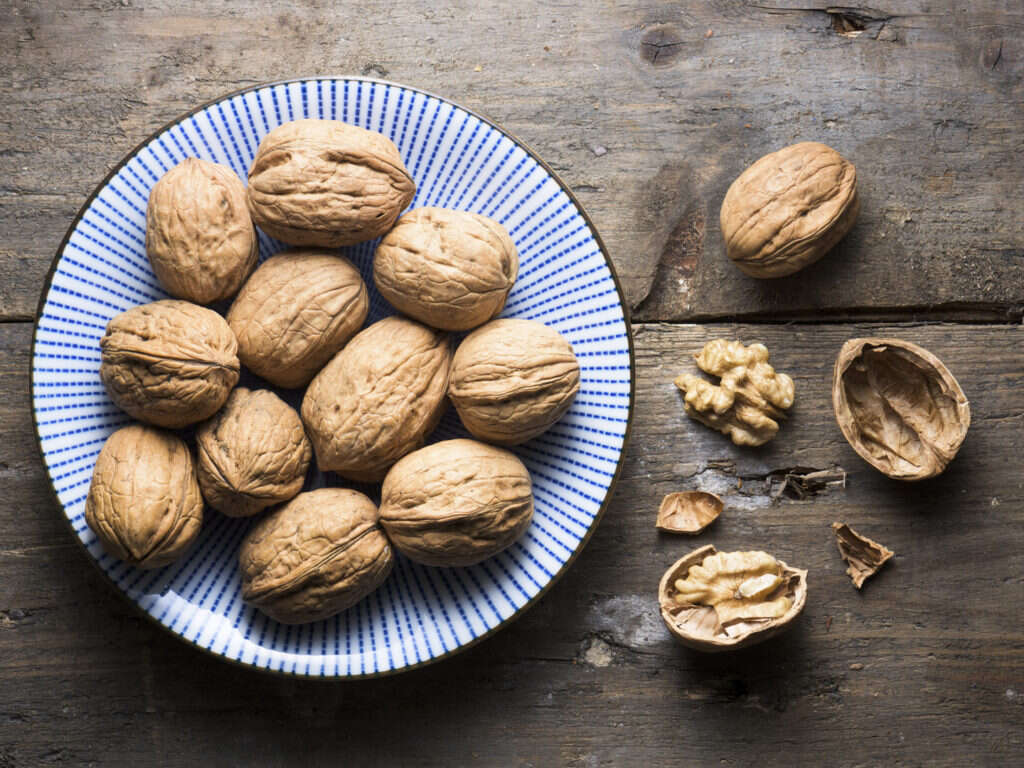
Healthy Fat Foods #4: Other Tree Nuts
Walnuts aren’t the only nuts rich in beneficial fatty acids. Nuts make for a great snack with anywhere from 10 to 22 grams of fat per ounce of nuts, depending on which one. Contrary to popular belief, a handful of tree nuts is reasonably low in calories while rich in fiber, vitamin B6, iron, phosphorus, and vitamin E.
Getting plenty of iron in your diet helps support a healthy immune system, prevent fatigue, and form red blood cells. Phosphorus, on the other hand, is crucial for bone health. The only drawback of nuts is their sodium content. Look for a low-sodium or sodium-free variety as a healthier snack option.
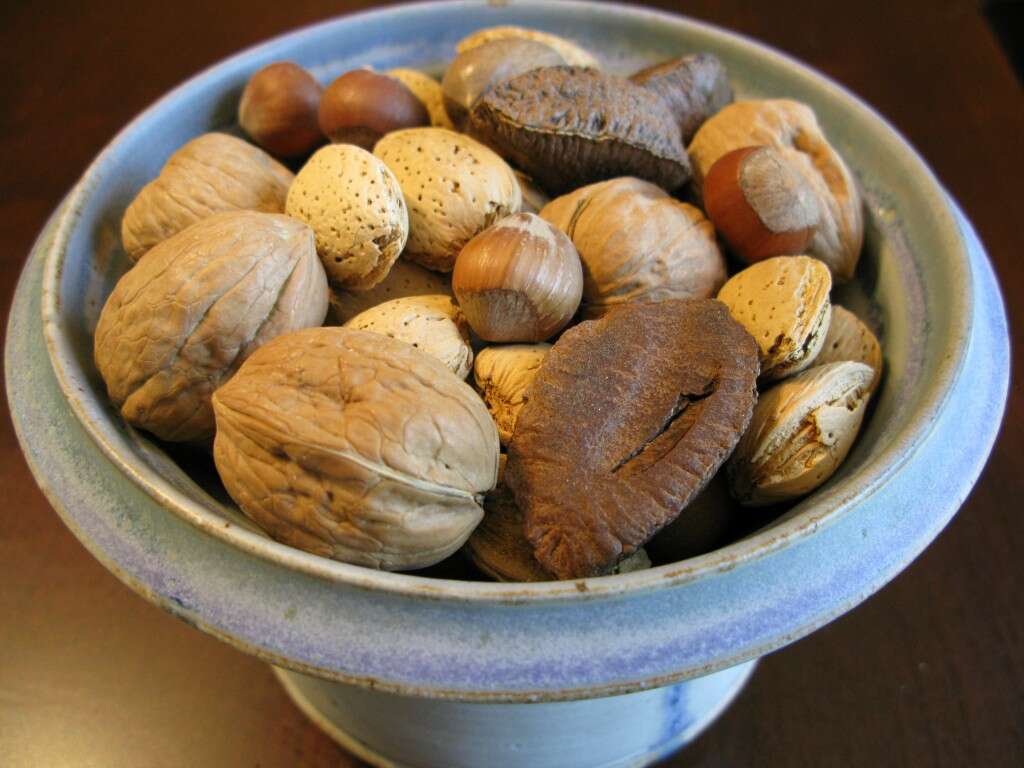
Healthy Fat Foods #5: Dark Chocolate
Dark chocolate is the superior chocolate when it comes to health. Dark chocolate contains the highest percentage of cocoa butter, a source of digestion-slowing saturated fat known as stearic acid.
On top of healthy fat, dark chocolate is a great source of antioxidants and magnesium. Before you start stock-piling on the chocolate, it needs to be dark and you should stop yourself after a piece or two as dessert. After that, the calories and sugar add up.
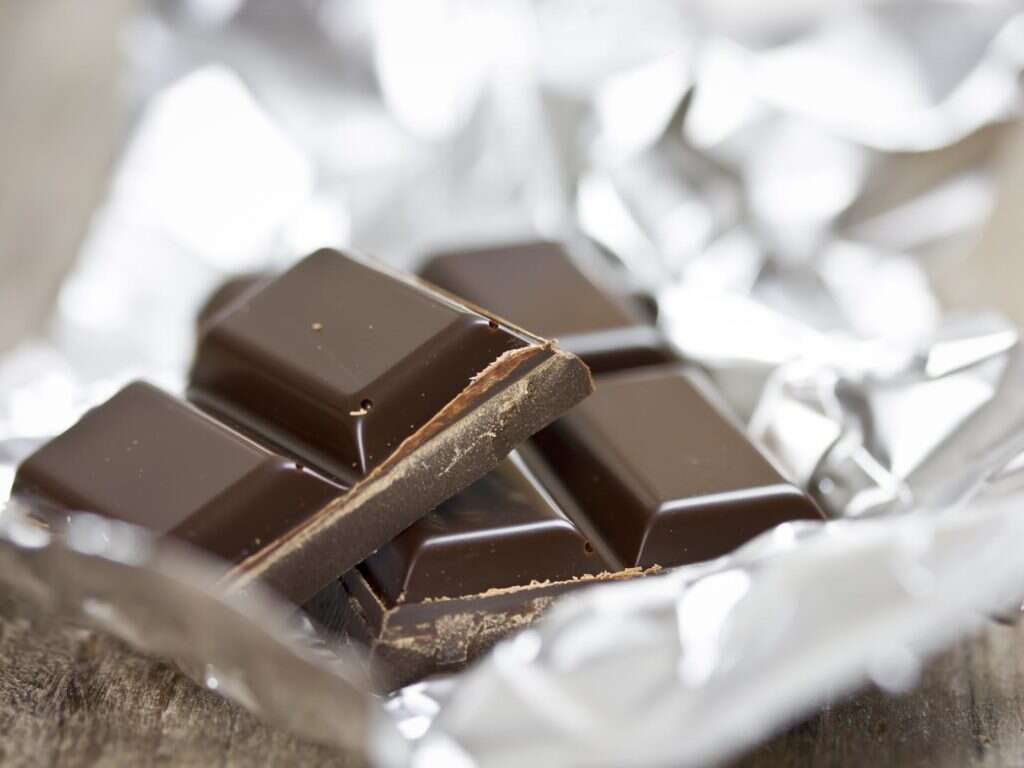
Healthy Fat Foods #6: Coconut Oil
Coconut oil’s benefits and popularity have become so mainstream that it seems to be everywhere, and for good reason. Coconut oil is jam-packed with antioxidants, moisturizing fatty acids, and antibacterial antifungal properties. Coconut oil should become a staple in a healthy balanced diet. So, what is coconut oil?
It is a mono-unsaturated oil extracted from the white flesh of the coconut. Unlike olive oil, coconut oil has only two types: virgin and refined. Virgin coconut oil is a cold-pressed natural oil whereas refined versions go through chemical processing. There is actually no difference between extra virgin coconut oil and virgin coconut oil. The medium chain triglyceride (MCT), meaning it is made up of three medium-chain fatty acids bonded together, composition of coconut oil responsible for its many characteristics.
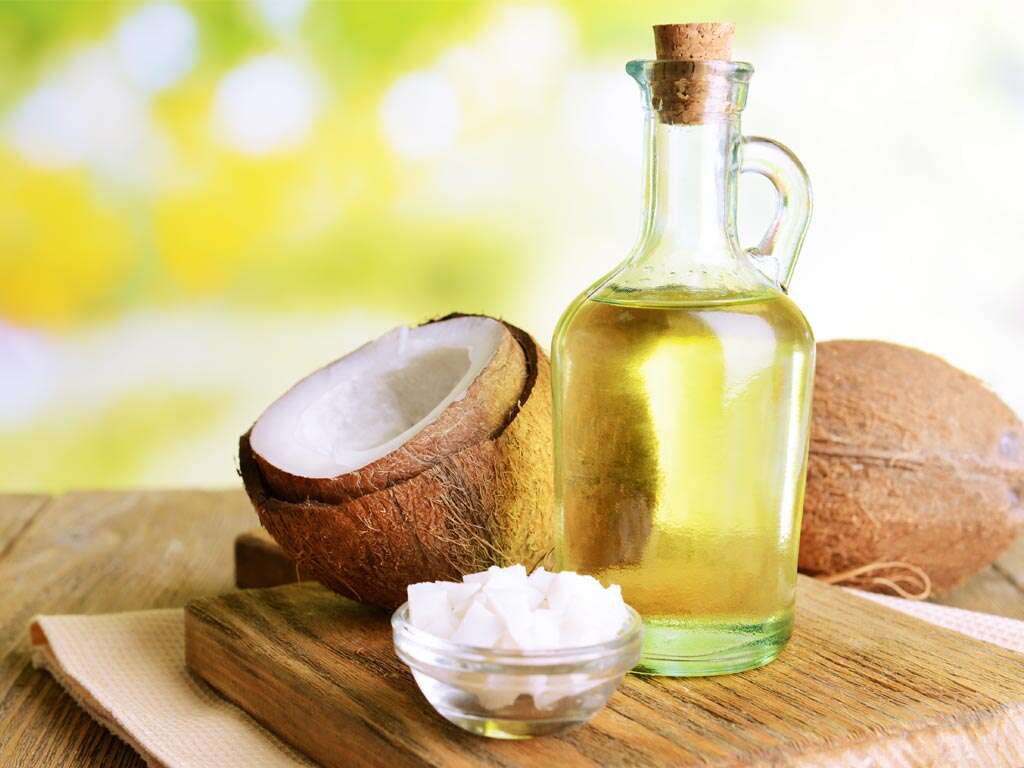
Healthy Fat Foods #7: Flaxseed Oil
Cold pressed flaxseed oil has 7.3 grams of ALA in just one tablespoon of oil. Flaxseeds and flaxseed oil are both rich in omega 3 with the oil being a richer, more concentrated source. By themselves, flaxseeds have 2.3 grams of ALA in one tablespoon. Adding flaxseed to your diet, may seem like a daunting task or maybe you feel clueless towards how to incorporate it into everyday meals. Flaxseed is wonderfully versatile and subtle, making it an easy addition to most dishes and flavor combinations ranging from fruit, yogurt, soups and stews, pastries, and a variety of cereals.
Flaxseed can be bought as an oil, ground, or whole, making the possibilities vast. Flaxseed has a nutty, subtle flavor that can pair with sweet, savory, and sour dishes. Try mixing 1-3 tablespoons with yogurt or a smoothie daily. It’s an easy way to start your day with healthy dose of omega 3. Another easy way to get flaxseed oil in your diet is to drizzle it on top of a salad or some grilled vegetables instead of dressing
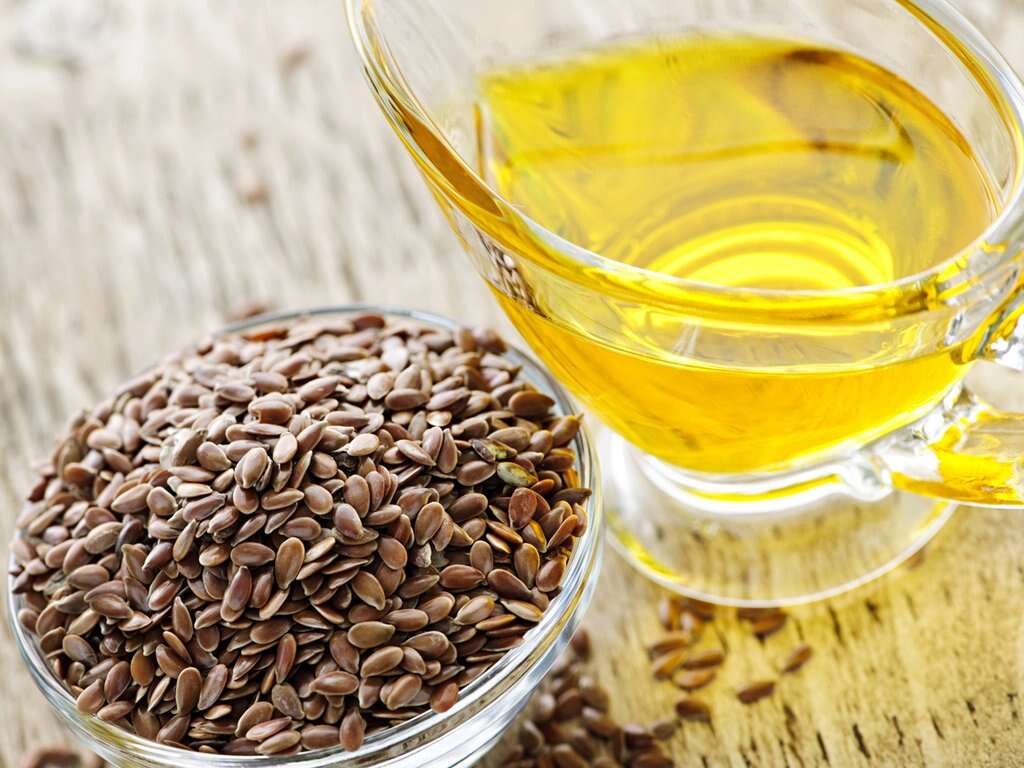
Healthy Fat Foods #8: Fatty Fish
No list of healthy fat foods is complete without a mention of our wonderful fatty fishes. While all fish can be included in a healthy diet, some are richer in omegas than others. Currently, it is recommended to eat two servings of fish per week, but limit yourself to 8 ounces a week to avoid the possibility of gaining weight.
Salmon is loaded with protein among other nutrients, making it one of the healthiest fatty fish. Next, we look at trout for our protein, omega 3, and mineral needs. Trout has all the essential minerals on top of being a healthy fat-rich food source. Other fatty fishes to try are sardines, mackerel, and herring.
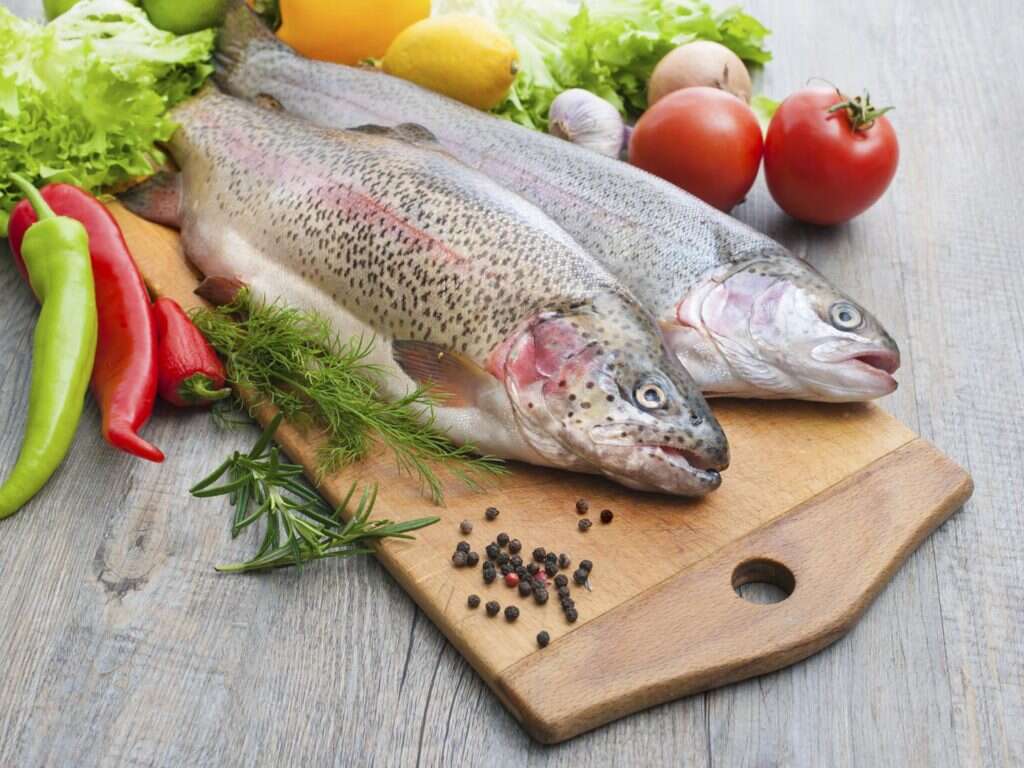
Healthy Fat Foods #9: Cheese
Cheese may be the most surprising food on this list because of its perceived unhealthiness. In reality, cheese contains conjugated linoleic acid (CLA), an unsaturated fatty acid that may increase the amount of beneficial HDL cholesterol while decreasing the bad LDL cholesterol.
That being said, not all cheeses are created equally. The healthiest cheeses are low in salt and unprocessed: goat cheese, Pecorino Romano, sharp cheddar, and blue cheeses. On any given day, you should not eat more than 40 grams of cheese.
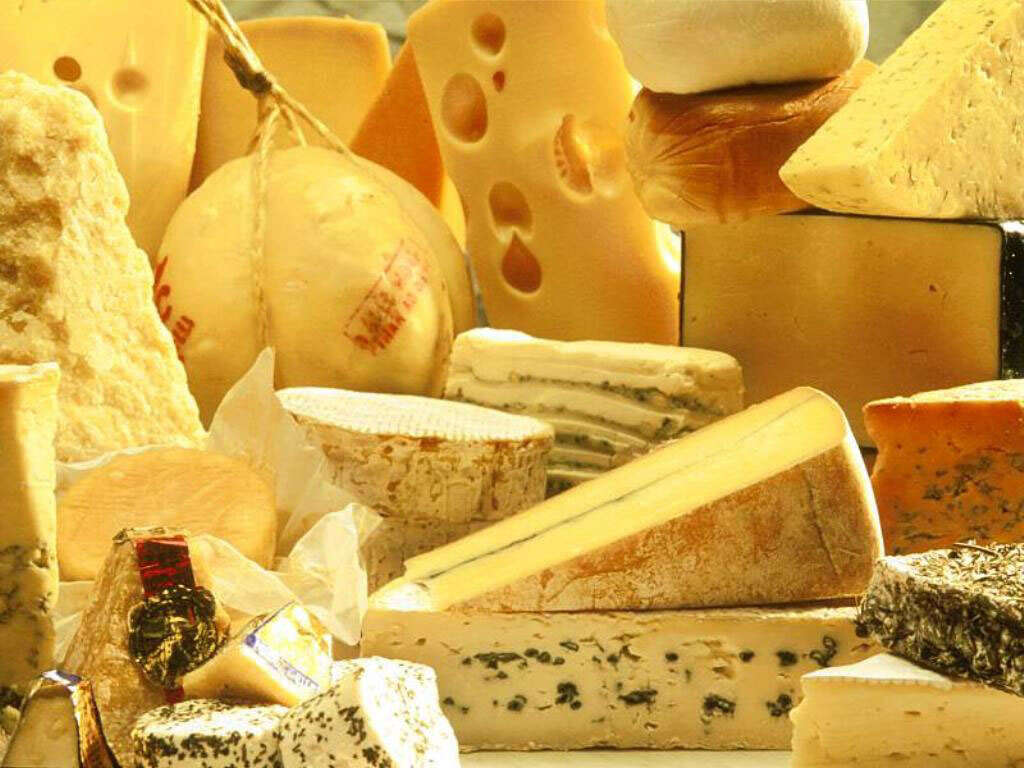
Healthy Fat Foods #10: Chia Seeds
Chia seeds are another great omega 3 source for you to try with 5 grams per ounce or 17.8 grams per 100 grams. In other words, one ounce of chia seed and you are good for the whole day. Additionally, chia seeds are packed with fiber, plus vitamins and minerals.
The combination of ALA and fiber in chia seeds is thought to help prevent dyslipidemia, excessive fat in the blood, and insulin resistance. Even when consumed with sugar, chia seeds help lower high blood sugar levels. Plus, they are so versatile. Chia seeds make for a great addition in water, protein shakes, and even as a pudding.




